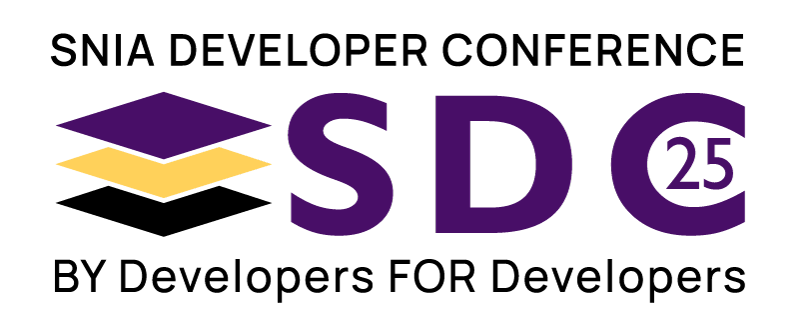
OPI TSC Chair; Dell Fellow/VP
Dell
Dr. Joseph L. White is currently a Fellow with Dell’s CTO office focused on disaggregated infrastructure and storage networking including NVMe-oF and DPUs. Previously Dr. White has worked for Juniper Networks, NetApp (Decru), McDATA, and as a co-founder of Nishan Systems, one of the first companies to champion IP storage within the industry to deliver enterprise quality multi-protocol SAN switches, routers, and gateways. Dr. White has a PhD in High Energy Particle Physics from Rice University
0
0
0


